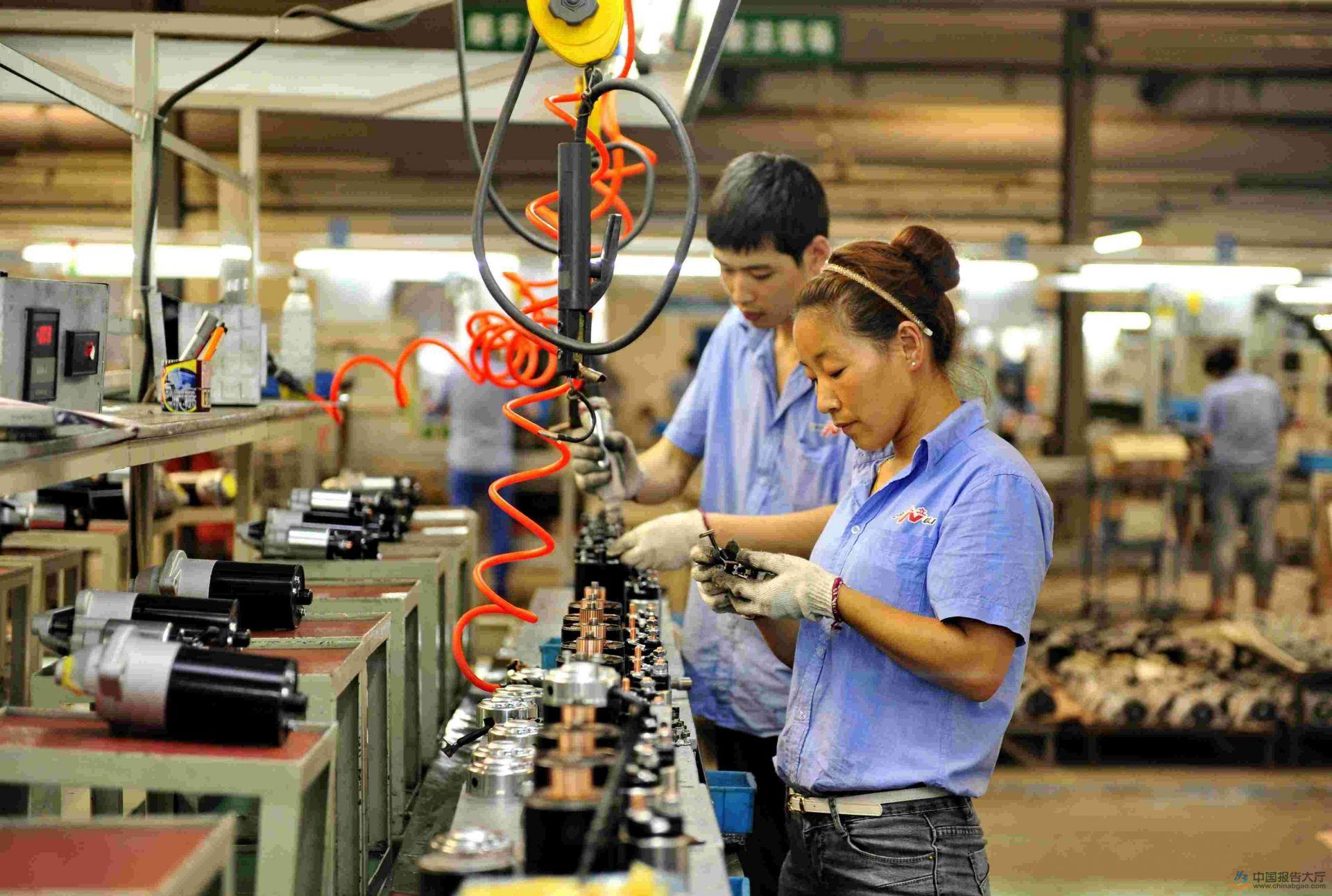BEIJING, Sept.1 (Xinhua) -- China's manufacturing activity index edged down in August amid external uncertainties, but the industrial upgrade continued apace as the country strives to shift the economy to focus on high-productivity industries.
The purchasing managers' index (PMI) for the manufacturing sector dipped to 49.5 in August from 49.7 in July, below the 50-point mark that separates expansion from contraction, the National Bureau of Statistics (NBS) data showed Saturday.
A breakdown of the data showed manufacturing production maintained expansion, but market demand was suppressed amid a complex economic environment, according to NBS senior statistician Zhao Qinghe.
The sub-index for production edged down 0.2 points to 51.9 in August, signaling continuous expansion but at a slower pace, while that for new orders was down by 0.1 points to 49.7. The new export order sub-index, however, rebounded by 0.3 points to 47.2.
Among the 21 industries surveyed, 17 were in the expansion zone, up from 12 in July, and 11 recorded month-on-month PMI increases.
The reading also showed industrial upgrading continued apace, with high-tech manufacturing and consumption-related sectors maintaining rapid expansion, Zhao said.
The PMI of high-tech manufacturing and consumer goods industries stood at 51.2 and 50.9, respectively, exceeding the overall manufacturing activity index by 1.7 and 1.4 points.
The PMI for the non-manufacturing sector came in at 53.8 in August, up from 53.7 in July.
The service sector activity levelled slightly, with the sub-index down 0.4 points to 52.5, as adverse weather conditions took a toll on industries including airlines, hotels, catering and tourism.
However, the sub-index of service-sector business expectations, a gauge of companies' confidence toward the prospects of future operations, climbed 0.7 points to 59.8.
Saturday's data also showed China's composite PMI edged down 0.1 points to 53, which had remained in a range of 53 to 53.4 for five consecutive months and indicated steady business expansion.
The country has stepped up targeted measures to support economic growth and minimize downside risks, including efforts to lower the costs of financing via reform of the loan prime rate (LPR) and a policy package to encourage consumption.
Warning of downward pressures on economic growth, CICC economists Yi Huan and Liang Hong advised the government to make counter-cyclical adjustments in a timely manner and moderately loosen monetary policy during the rest of the year.




 A single purchase
A single purchase









